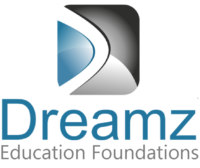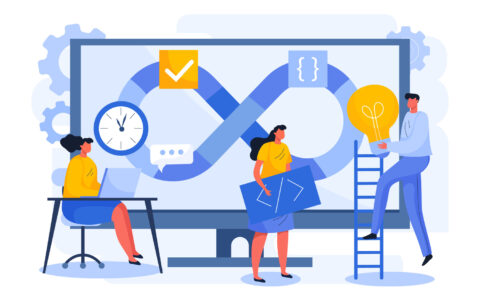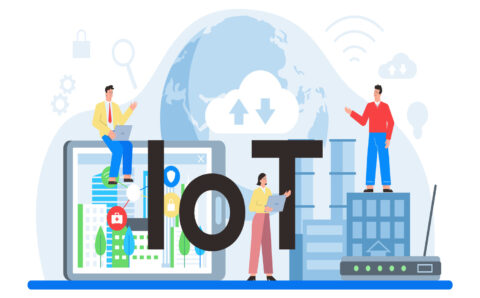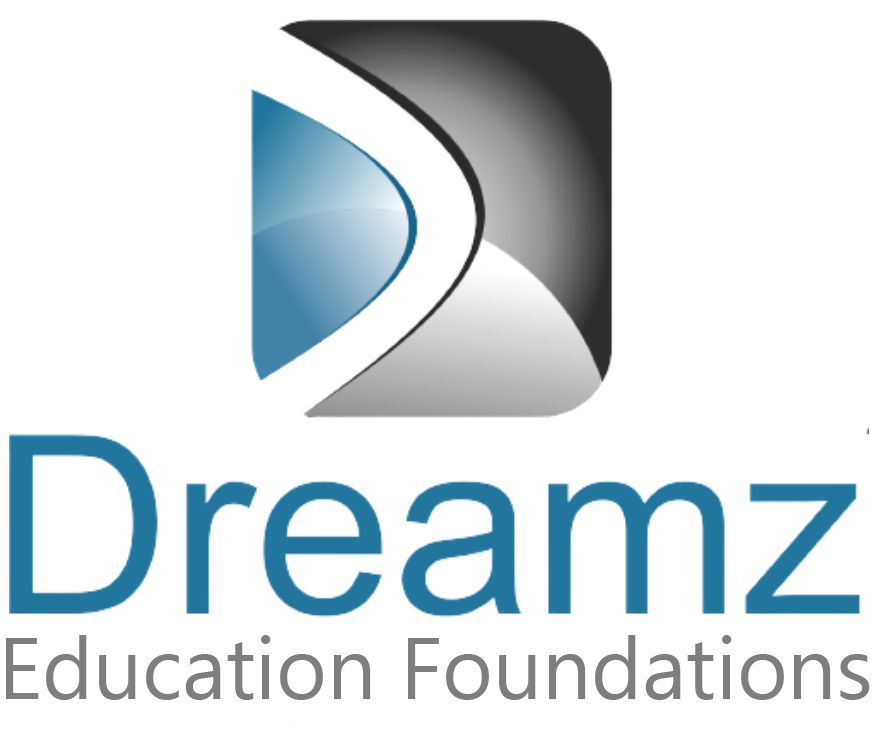Cloud Computing
Requirements
- Basic IT Knowledge – Understanding of operating systems, networking, and databases is helpful but not mandatory.
- Familiarity with Virtualization – Awareness of virtual machines (VMs) and containerization (Docker) is beneficial.
- Basic Programming Skills – Knowledge of scripting languages like Python, Bash, or PowerShell is recommended but not required.
- Internet & Cloud Awareness – Understanding of web services, storage, and networking concepts is useful.
- System Requirements – A computer with internet access to practice on cloud platforms like AWS, Azure, or Google Cloud.
Features
- Comprehensive Curriculum – Covers cloud fundamentals, virtualization, networking, security, and DevOps integration.
- Hands-on Labs & Projects – Work on real-world cloud deployments using AWS, Azure, and Google Cloud.
- Industry-Standard Tools & Platforms – Learn cloud services like EC2, S3, IAM, Kubernetes, and Serverless Computing.
- Security & Compliance Best Practices – Understand cloud security, governance, and cost optimization strategies.
- Certification & Career Support – Get certified and receive job placement assistance.
Target audiences
- IT Professionals & System Administrators – Those looking to upgrade their skills in cloud infrastructure and management.
- Software Developers & Engineers – Developers who want to deploy and manage applications in the cloud.
- Networking & Security Professionals – Individuals interested in cloud security, networking, and compliance.
- Business & IT Managers – Decision-makers who want to understand cloud solutions for business transformation.
- Students & Career Switchers – Beginners aiming to start a career in cloud computing and related technologies.
Course Description
The Cloud Computing Training course is designed for IT professionals, developers, and system administrators who want to master cloud infrastructure, services, and deployment strategies.
- Introduction to Cloud Computing & Service Models (IaaS, PaaS, SaaS)
- Cloud Providers: AWS, Azure, and Google Cloud Overview
- Virtualization & Containerization (Docker & Kubernetes)
- Cloud Storage, Networking, and Security
- Compute Services (EC2, Azure VM, Google Compute Engine)
- Serverless Computing & Function as a Service (AWS Lambda, Azure Functions)
- Cloud Deployment & Migration Strategies
- DevOps & CI/CD in Cloud Environments
- Disaster Recovery & High Availability in Cloud
- Capstone Project – Deploying a Scalable Cloud-Based Application
Curriculum
- 10 Sections
- 38 Lessons
- 36 Hours
Expand all sectionsCollapse all sections
- Module 1: Introduction to Cloud Computing4
- Module 2: Virtualization & Cloud Infrastructure4
- Module 3: Cloud Networking & Security4
- Module 4: Working with AWS4
- Module 5: Working with Microsoft Azure4
- Module 6: Working with Google Cloud Platform (GCP)4
- Module 7: DevOps & Cloud Automation4
- Module 8: Cloud Migration & Cost Optimization4
- Module 9: Real-World Cloud Projects3
- Module 10: Certification Preparation & Career Support3
No, basic IT knowledge is helpful, but the course covers cloud fundamentals from scratch
The training includes hands-on experience with AWS, Microsoft Azure, and Google Cloud Platform (GCP).
Yes, you will receive a certification upon successfully completing the training.





